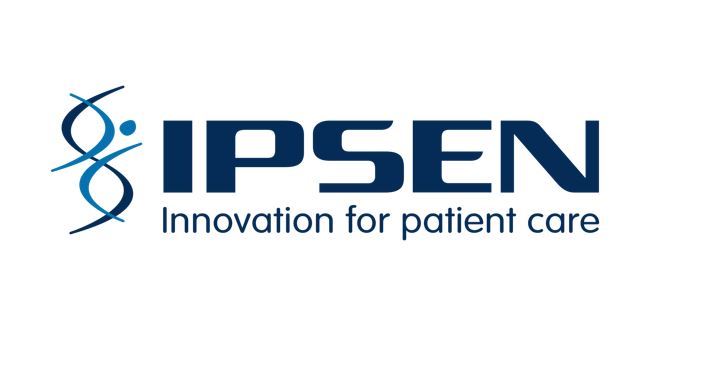Scotland's NHS to fund Ipsen cancer diarrhoea drug

A drug from Ipsen used to treat severe diarrhoea associated with a rare kind of tumour was among a group of medicines recommended for NHS funding by Scotland’s cost regulator this month.
The Scottish Medicines Consortium said that Xermelo (telotristat ethyl) was cost-effective as a treatment for carcinoid syndrome associated with diarrhoea for adults living with neuroendocrine tumours (NETs).
Xermelo is taken in combination with somatostatin analogue therapy (SSA) in patients inadequately controlled by SSA alone and are experiencing more than four bowel movements per day.
The orphan drug has been endorsed by the European Commission, and Ipsen said the decision to fund Xermelo was important to improve cancer patients’ quality of life.
NETs are rare tumours that grow in the neuroendocrine system of the body. This system is responsible for the production of hormones which are released into the bloodstream, therefore the presence of NETs can disrupt the hormone balance within the body.
NETs can trigger an over-production of serotonin, which when present in large amounts within the body can disrupt a number of bodily processes causing diarrhoea, flushing, wheezing and cardiac damage. Carcinoid syndrome is the terminology used to classify this collection of symptoms.
Professor Nicholas Reed, consultant clinical oncologist and honorary professor at the University of Glasgow, said around 82% of patients with carcinoid syndrome are unemployed or unable to work.
Citing clinical trial evidence showing Xermelo reduced the number of daily bowel motions in carcinoid syndrome patients compared with placebo, Reed said the SMC’s decision is a positive step forward for patients.
He said: “Whilst advancing disease management for patients is paramount we also focus on symptom management for neuroendocrine tumours – which can sometimes have a greater impact on a person’s daily life than the cancer itself.”
Other drugs recommended by the SMC were Novartis’ Votubia (everolimus) for epilepsy caused by tuberous sclerosis complex, Pfizer’s Besponsa (inotuzumab ozogamicin) for acute lymphoblastic leukaemia, Novartis’ Rydapt (midostaurin) for adults with acute myeloid leukaemia, and Pfizer’s Xalkori (crizotinib) for a rare type of non-small cell lung cancer.












